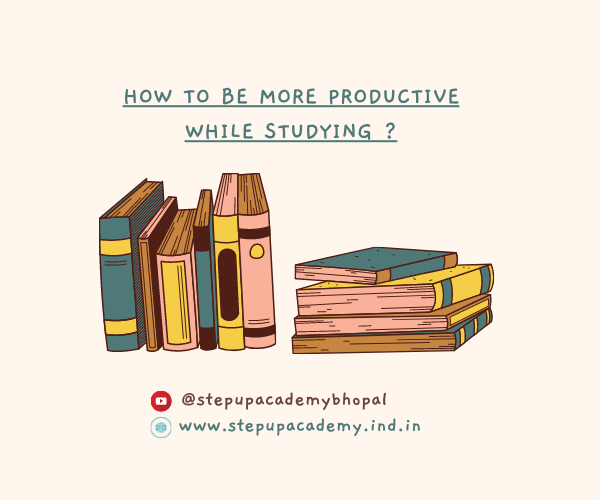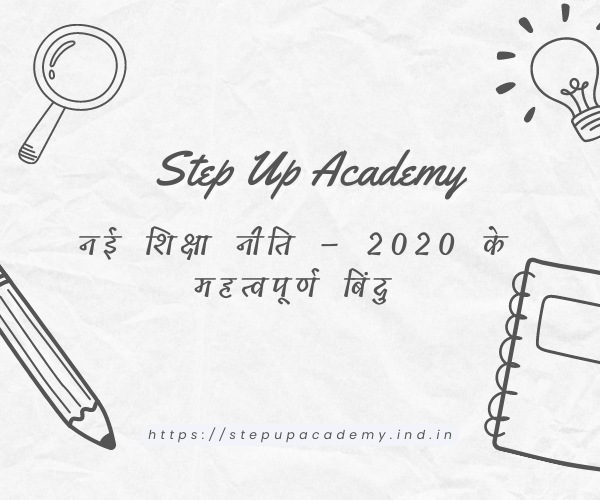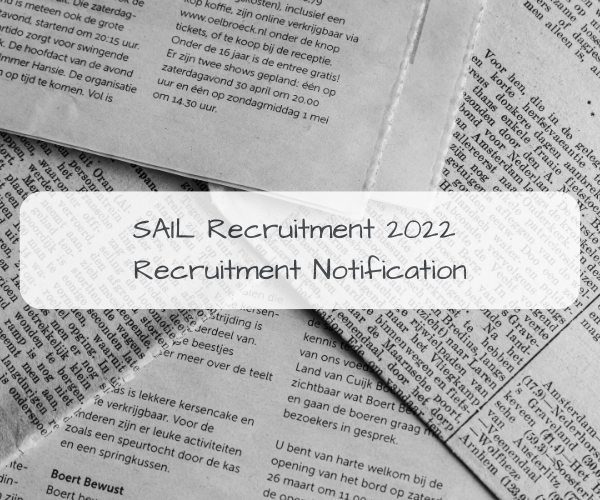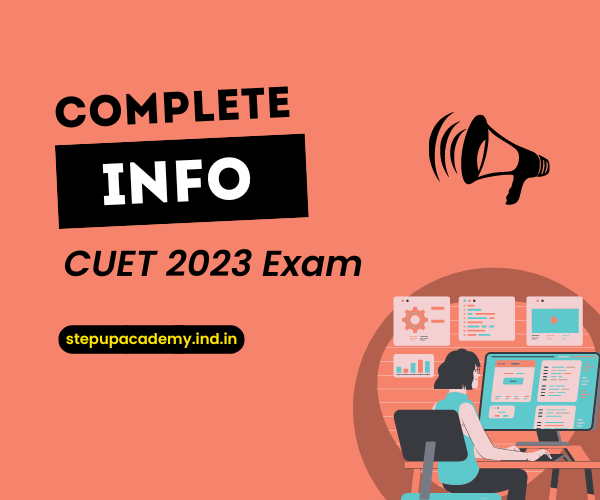How to Make Perfect Notes? Easy Note Making Tutorial
28-06-2023 06:56
Taking effective notes is a skill that can greatly enhance your learning and retention of information. Whether you are a student, a professional attending a seminar, or simply seeking to organize your thoughts during a meeting, mastering the art of making perfect notes can prove invaluable. In this blog, we will explore practical tips and techniques to help you create well-structured and comprehensive notes that optimize your understanding and recall.
Prepare Yourself:
Before diving into note-taking, it is essential to prime your mind for optimal information absorption. Clear distractions, find a conducive environment and ensure you are mentally focused. Take a few deep breaths to center yourself and approach the task with a positive mindset.
Actively Listen and Engage:
Active listening is the foundation of effective note-taking. Stay engaged by focusing on the speaker, maintaining eye contact, and listening attentively. Ask questions and participate in discussions to deepen your understanding and capture relevant information.
Focus on Key Information:
Rather than trying to write down every word, focus on capturing key ideas, concepts, and supporting examples. Develop the skill of discerning essential information from the speakers message and distilling it into concise notes. This approach not only improves your note-taking efficiency, but also ensures you comprehend and retain crucial points.
Use Abbreviations and Symbols:
Develop your own set of abbreviations and symbols to save time while taking notes. Common examples include using arrows for cause-and-effect relationships, asterisks for important points, and abbreviations for frequently used terms. Experiment and refine your shorthand to suit your personal style.
Visual Enhancements:
Incorporate visual elements such as diagrams, charts, and graphs to represent complex concepts or relationships. Visual aids not only make your notes visually appealing but also facilitate comprehension and recall. Experiment with color coding, highlighters, or underlining to emphasize important points or categorize information.
Review and Revise:
Regularly review and revise your notes to reinforce your understanding and consolidate information. Set aside dedicated time to revisit your notes, fill in any gaps, and ensure clarity. This process aids long-term memory retention and helps you connect new information with existing knowledge.
Personalize Your Notes:
Finally, remember that note-taking is a personal process, and what works for one person may not work for another. Experiment with different techniques, adapt them to your style, and refine your approach over time. Embrace your creativity and develop a system that feels intuitive and effective for you.
Choose the Right Tools:
Selecting the appropriate note-taking tools can significantly impact your experience. Consider using digital note-taking apps like Evernote, Microsoft OneNote, or Google Keep for their versatility and searchability. Alternatively, if you prefer handwriting, opt for a notebook and pen that you find comfortable and easy to use.
Best Note-Taking Method
Cornell Method: Divide your paper into three sections: a narrow left column for cues and questions, a wider right column for main notes, and a bottom section for summarizing key points.
Outlining Method: Use headings, subheadings, and bullet points to create a hierarchical structure, capturing main ideas and supporting details.
Mind Mapping: Use visual diagrams with a central concept and branches to represent related ideas and subtopics. This method fosters creativity and enables connections between different concepts.
Mastering the art of making perfect notes is a skill that can transform the way you learn, work, and process information. By actively engaging, using the right tools, adopting an organized structure, and focusing on key information, you can create comprehensive notes that enhance your understanding and facilitate effective recall. Remember, practice and consistency are key to refining your note-taking skills, so embrace the process and enjoy the journey of becoming a master note-taker.




